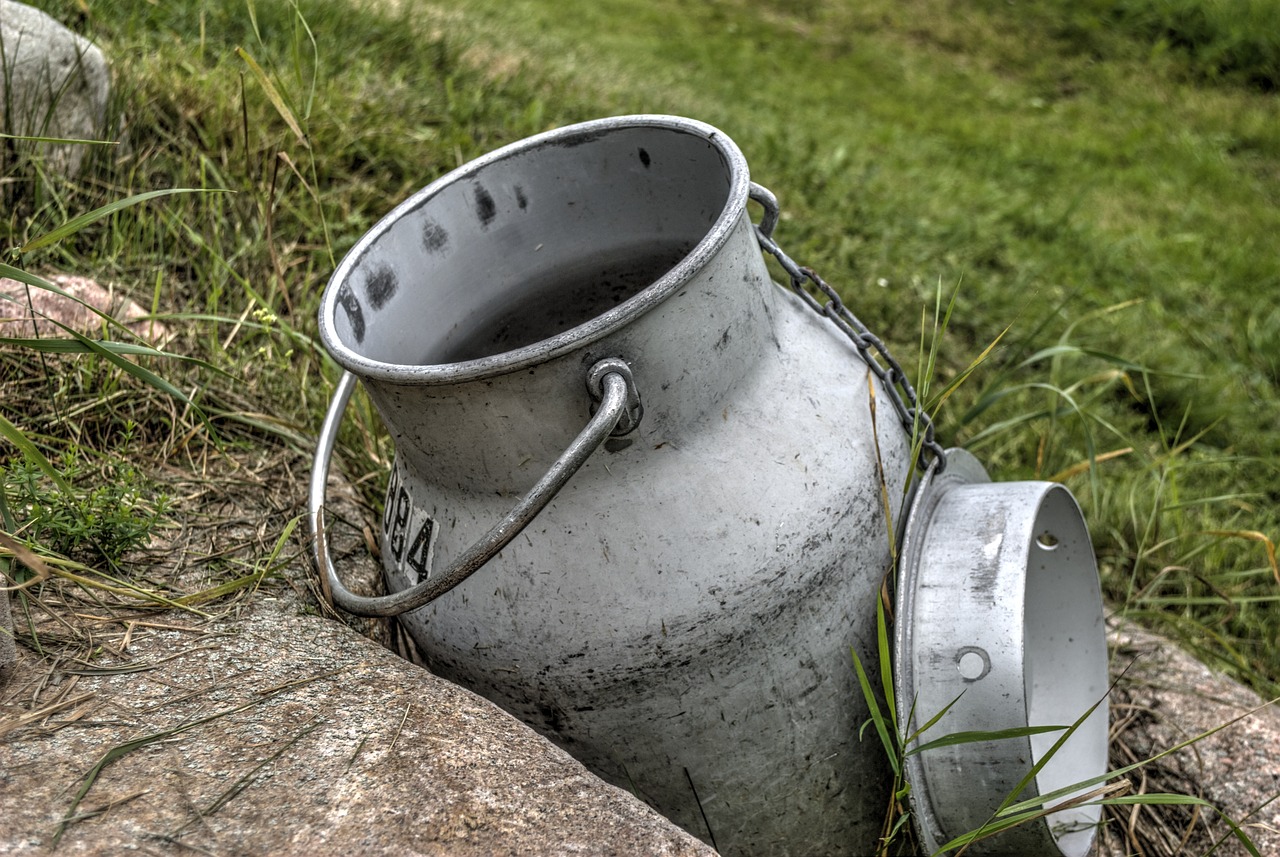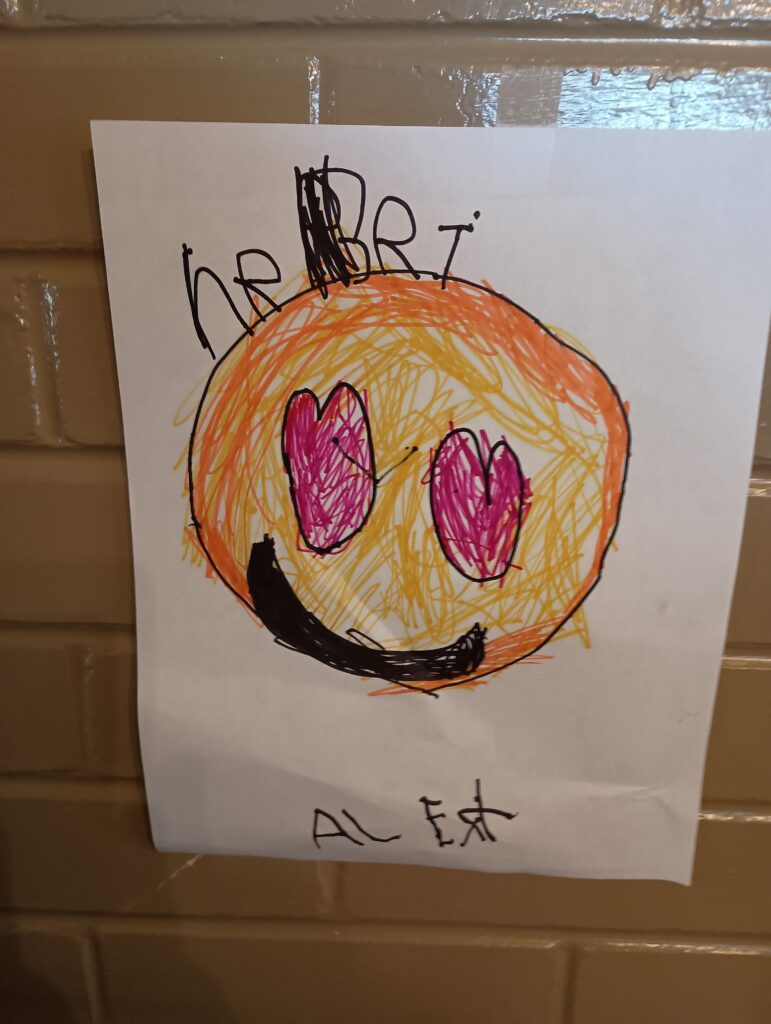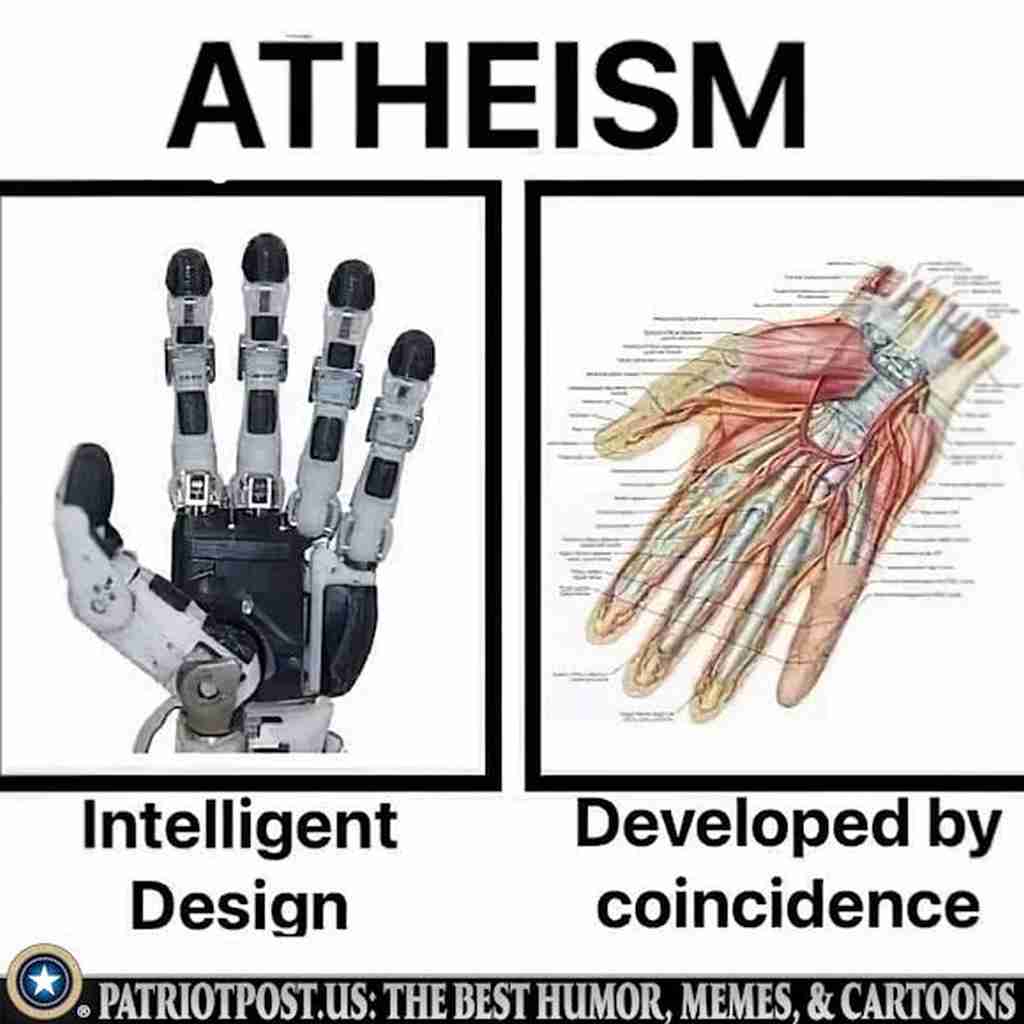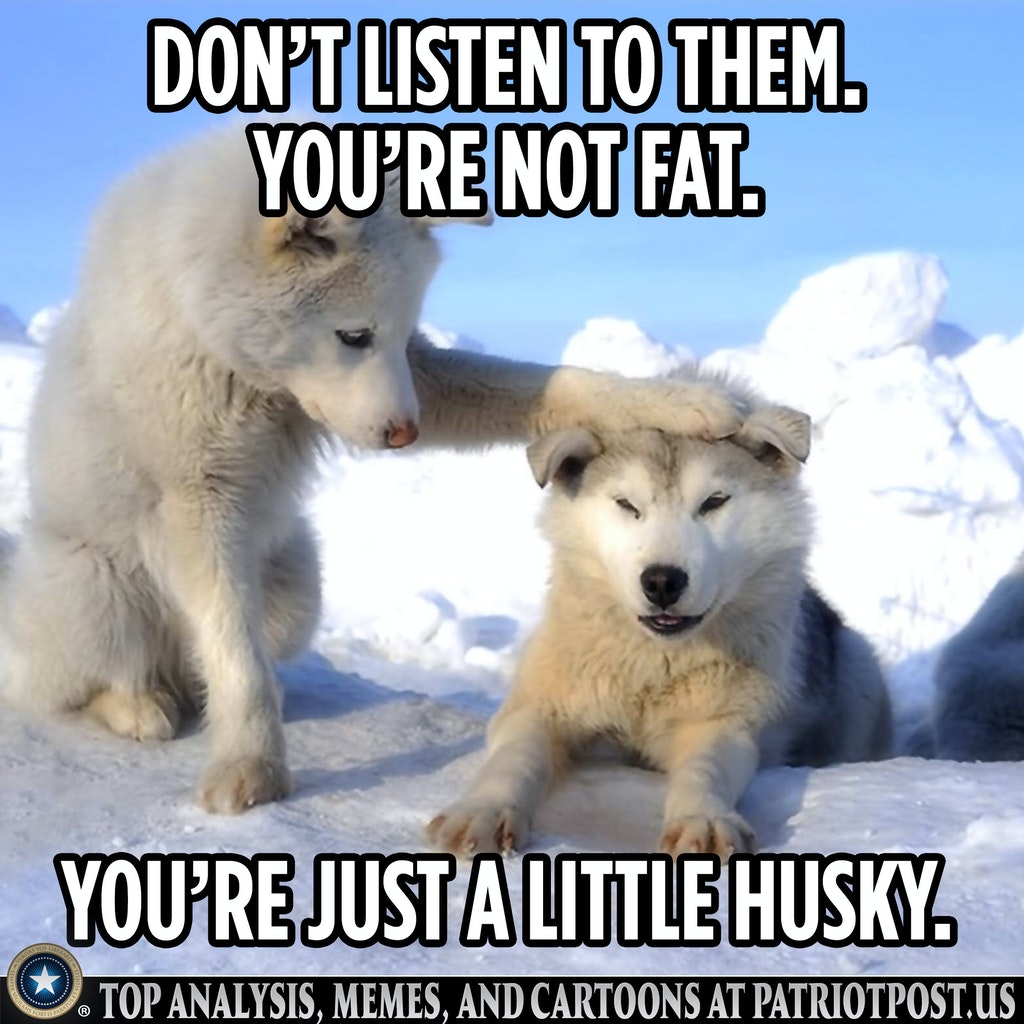Herb’s Blog, Herbdate 22459 – 851:
Here’s the haps:
When I was growing up I had the opportunity to live on my uncle’s dairy farm in central Wisconsin one summer. I think I was around eleven or twelve. It was educational in a lot of ways and I think everyone would do well to experience it. I learned how to be a morning person and I learned how to milk a cow. I learned some about pigs and some about dogs and cats. I got to drive a tractor, although I don’t think I knew how to really drive it like my nine-year-old cousin could. Up until then, I had pretty much grown up in the city of Milwaukee except when we visited my grandma and grandpa.
When I was very young I can remember my grandma going out to milk the two cows they had. The milk went into a bucket which was then emptied into a milk can. The milk was picked up by the cheese factory. Grandpa and later on the older boys would clean the barn and throw it out the side in a big pile which was later used on grandma’s garden. Grandpa would call the cows and bang the side of a feed can with his cane and shout, “Come, Bos! Come, Bos!” They would mosey their way up to the fence be led into the barn for milking.

There is so much about those days I strain to remember sometimes but I never paid much attention because I had one uncle who was a year younger than me and we were raised liked siblings. All the stories and all the daily activities were old-hat to him so we mostly went and played and climbed around and rode bikes. Now of course I know I should have paid a lot more attention but as a kid you don’t know that. You just think the old folks will always be around to tell and re-tell their stories and show you things. Sometimes the old cliche is true, “Youth is wasted on the young.”
One year when we went to visit, the cows were gone and he had gotten a couple of Shetland Ponies which we rode around on. Another year he had pigs. Visiting in the winter was different, of course, since they only had an outhouse and central Wisconsin winters can easily get down to -30F at night or colder.
My uncle’s farm was different. He had, if memory serves correctly, about 50 cows and a pipeline milking system. The milk machines were hooked up and the milk went directly to a stainless steel holding tank and the dairy would come and pump it into their big truck. The cow’s leavings went by conveyor belt into a specialized trailer called a manure spreader that hooked up to the tractor. It had a kind of chopper/spewer thing on the end and when it was full we drove the tractor out to the field and fertilized it. I thought that was a pretty cool idea. Nothing went to waste on the farm, it seemed. The greens left in the field from harvesting the corn were harvested and chopped up real small and put up in the silo. Silage supplemented the cows’ diet. I am forgetting an awful lot more than I can remember, but in my defense, I am talking about events that happened fifty years ago or more.
I got to reminiscing about these things when I learned about something I had never heard of before. Before I go too much further into that I want to say that I am an adopted Coloradan. God called me here to Colorado Springs by a series of peculiar circumstances and decisions made by prayer and fasting. I have no desire to move back to Wisconsin and seldom miss it. This is where I belong now. However, I still take pride in being from Wisconsin and my country roots. I was especially proud the other day.
The other day I learned about a Wisconsin dairy/cheese company farmstead operation that has an interesting system that I think should be held up as an example of what can be done right. By serendipity, I learned about a Wisconsin farm and cheese company called Crave Brothers Farmstead Cheese. You can learn all about their operation by visiting their site but the thing that caught my attention was a machine called a Manure Digester. a typical Holstein cow that weighs around 1400 pounds can produce 115 pounds of manure a day so 3,500 cows produce 400,000+ pounds. They have two 750,000 gallon digesters. These methane digesters in turn power an 800hp motor that generates enough electricity consistently to power the entire operation of the dairy farm, the cheese factory, and 300 other homes. It also makes liquid fertilizer for the fields as well as bedding for the cows.
Many of you, especially longtime friends and readers will know that I am not particularly green or an environmentalist type. But I do like seeing things reused. I really hate to see waste, whether it’s a kid’s plate full of food getting thrown away or a widget from a broken gadget. I’ve been known to say (occasionally to the consternation of parents), “Go give that to your dad so he can finish that for you” or, depending on what it is, “Grandpa will eat that if you don’t want it.” The place I work at donates tons of food to food banks and homeless shelters instead of just destroying it or tossing it out. More and more places are doing this and it makes a difference. I think Crave Brothers Farmstead Cheese company makes a difference as well.













Comments
33 responses to “Manure Can Be Digested‽‽‽ Who Knew‽‽‽”
Love the lesson in agriculture and horticulture, Herb! I never know there were digesters either! It’s so nice to learn something new and it seems like everytime I read your blog, I learned something! Thank you for helping me grow! If you’re not learning, you’re not growing!
Thank you for your kind words. It amazed me when I first saw it, too.
You’re so welcome, Herb! ❤
That is really cool! As you know I am the environmentalist type and I’m always continously amazed at what kind of clever technology we already have available out there, but still we somehow manage to avoid using it on the big scale.
It seems pretty handy, in my opinion.
Farming is a dangerous occupation — more power to them. Wonderful people
Thank you!
Methane is a strong greenhouse gas. It’s good to burn it for practical purposes.
I would expect these to be in Nebraska and Kansas as well.
I bet lots of us ‘olders’ had family who owned a farm way back when. I visited my Uncle Joe’s farm a few times and completely missed everything important about it. I wish I could go again with these adult eyes.
Gotta push back on you not being ‘green’. That’s a label that includes much more than a natural instinct to wisely use the resources around us. I bet you are, but by another name.
Yes, now I would look for a lot different things.
Thank you for your kind assessment. Maybe there is a different term for me…
I share a few things with you. I lived in Milwaukee all through Junior High and all the grandkids know to bring food they do not want to me for right of first refusal.
We had moved out of Milwaukee when I was in (I think) 6th grade and moved to Shawano. The county seat, where I finished growing up, had 6,000 people. That is good that they know that. Mine know that it bothers me, especially when there’s no good reason for it.
The smallest city I ever lived in was Wichita and the residents think of it as the big city in Kansas.
The milking of cows brought me back to growing up on a dairy farm – and ignited a few memories! The cow manure of today (I still live on a cattle farm) a lot goes into my garden – especially if the cows have made a mess underneath my clothes line which is in the middle of a field! The cows are not milked on this farm – here they are growing up, being the next generation to be milked. I guess there’s several thousand and they spread the manure themselves!
lol. that works too, I guess.
What you’re doing here is preserving history, too. It’s really why more people ought to write, and mostly their own experiences/memories.
My dad spent a summer on a farm in Canada when he was a kid. My parents were the last generation with any real connection back there, as well as the last to maintain our French language heritage.
That is interesting. I knew you had French in your background but wasn’t aware of that part. Thanks for the perspective.
I miss milking and all those fun things….
There’s a lot of fun on the farm.
That’s legit. One the things that makes me want to bang my head against a wall are the coal power plants on the Mississippi River that are built right next to dams with zero hydroelectric power. Why, just why?
I agree. There are a lot of things like that that could be fixed that don’t require doing something brand new.
Uh-huh.
This was interesting! Farm life is something I’ve never experienced and I think I’ve missed a lot. I do, however, have an extensive pig collection. The Crave Brothers are impressive. Great post.
Thanks. My wife collects pigs as well.
Then she and I are some of the few women who don’t feel offended when someone says, “I saw a pig this morning and I thought of you!”
That’s right. When the grandchildren lived a thousand miles away she encouraged the littlest one to call her “Gramma Piggy” so she wouldn’t forget her.
I love the stories
;;
;;
;;
Laugh, no matter what happens
I wish I’d paid more attention, although it did bring to memory a couple more that will be coming up in the days ahead. Titles and notes in the Drafts folder so I don’t forget.
No these come the heart while sitting on Bumpaw’s knee
I love reading stuff like this. I spent a few short visits at the dairy farm my mother’s aunt and uncle had into the 1970s. My sister married a farmer and her kids still live that life, only with grain. They used to have pigs, but my brother in law despises cows.
Modern livestock operations are probably quite different from those we experienced as kids, and seem more like factories than farms.
In some ways I think you’re right but I think it’s still a lot of hard work and pretty much a 24/7 job.
I understand that manure can be digested because I have been feeding it to my reading audience on my blog for years and my readers are still loyal. So yes, I understand.